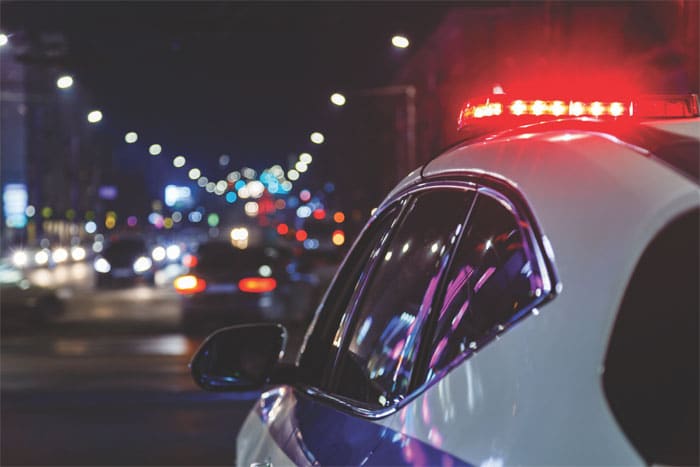
In May 2022, after learning that three fathers were stabbed to death by a Palestinian terrorist in Elad, Israel, I was so heartbroken I wrote a column titled “How are Jews Supposed to Respond to Terrorist Attacks?” In it, I asked both a psychotherapist and a rabbi about how we are meant to process and respond to what seems like a constant stream of terrible news.
These days, I still feel the need to keep up with heartbreaking news of terrorist attacks abroad and mass shootings in the United States, but as an Angeleno, I’m also thinking a lot about crime.
I’ve spoken with many local Jewish residents, especially women and mothers who had expressed anxiety over the increase in local crime in the last few years. By their own admission, several of them told me that they used to feel happier and safer, whether in or out of their homes, but now, they feel constantly anxious. Some of them are more observant Jewish women who have signs outside their homes that declare, “Protected by Ribono Shel Olam Security Systems,” referring to G-d, or more precisely, the “Master of the World.” But these days, these women can’t escape a certain anxiety that renders them afraid of the world itself.
They’re particularly afraid of robberies, and described how thieves have broken into their neighbors’ homes in broad daylight, or ran past them in the mall carrying stolen designer handbags while they and their families were shopping. One woman described how her neighbor was followed home in his car at sunset, then held at gunpoint and robbed as soon as he parked outside his driveway.
Given that the High Holy Days are just around the corner (cue even stronger security protocols), I believe it’s time to ask how Jews should respond to crime. And not just crime, but the nerve-wracking and seemingly never-ending alerts and news about crime. I immediately knew whom I needed to contact for matters related to Judaism and safety: Rabbi Yossi Eilfort, president and founder of Magen Am.
Magen Am is the only Jewish, nonprofit organization “licensed to provide physical, armed security services on the West Coast,” according to its website (it currently operates in Los Angeles and Phoenix).
I asked Eilfort if Jews are meant to believe that there is deeper meaning to be found in distressing news, including news about crime. “Everything we see is supposed to be a lesson to us,” he said.
When I asked Eilfort how Jews should respond to crime and robberies, he first described what he perceived as growing lawlessness in the United States: “In the last decade,” he said, “the attitude in this country hasn’t been pro-law enforcement. So there’s a lack of respect for the law, and in some cases, it’s outright oppositional. Now, people feel like they’re entitled to break the law and get away with it.”
Judaism has a built-in response to this shift in attitude, said Eilfort. In Pirkei Avot (Ethics of our Fathers) 3:2, Rabbi Chanina is famously credited with saying, “Pray for the welfare of the government; for were it not for the fear of its authority, a man would swallow his neighbor alive.” Something tells me the thug who robbed a man at gunpoint in the late afternoon outside his home didn’t fear much.
Eilfort repeatedly stressed that from a Jewish perspective, we need to be respectful of law and order. Long before the Ten Commandments, one of the seven Noahide Laws obligated humans to establish courts, in order to honor the rule of law and justice. He then offered two lenses with which Jews should respond to crime — one personal, and the other practical.
“As a Chabadnik and Hasid (a follower of Hassidism), I believe that we should not walk around afraid,” Eilfort said. “It’s not good for you, your health or your spirituality.” He described placing a Post-It note on his computer with one simple word: bitachon, traditionally translated as “trust.” But he pointed to the Hebrew translation of Israel’s Ministry of Defense, “Misrad HaBitachon.” While many Jews believe that bitachon means trust in G-d, Eilfort stressed that bitachon actually means “security,” hence Israel’s Ministry of Defense/Security.
“It’s no coincidence that trust in G-d and security are the same word,” said Eilfort. “I trust G-d to take care of my security, and I will do my own part to take care of my security, so I don’t need to fear people.” In contemplating this, Eilfort was reminded of two insights that the father of the Baal Shem Tov, the 18th-century founder of Hasidic Judaism, taught his son: First, love every Jew, and second, fear nothing but G-d.
But trust must exist alongside action. In addition to a spiritual lens, Eilfort also offered practical advice about responding to crime. “We’re not supposed to be afraid,” said Eilfort. “And from a security standpoint, if we’re constantly afraid, we’re not doing it [security] right. We should be prepared, including having the right kind of training” (Magen Am offers various community training courses, including how to operate firearms, as well as classes on situational awareness and conflict resolution). “I’ve got my gear and my training,” he said. “I’m confident that nothing is going to happen to me. That’s 99% of the battle.” Eilfort also urged the importance of locking doors and installing lights and cameras outside. “Be responsible with your safety,” he said.
I asked Eilfort if Jews are meant to believe that there is deeper meaning to be found in distressing news, including news about crime. “Everything we see is supposed to be a lesson to us,” he said. But, according to Eilfort, there are two approaches to dealing with problems: The first consists of mere complaining, but the second attempts to solve the problem. “What can I do to try to make this better?” he asked. “Our mission in Magen Am isn’t simply to tell people there’s antisemitism, but to prepare Jews for it. We can’t control if they [antisemites] want to hurt us, but if they want to hurt us, we have to make it hard for them.”
The Jewish High Holy Days are perfectly designed to help us identify areas in our lives that need extra care and attention, and to be solution-oriented. Complaining about our lives isn’t enough.
Eilfort offered me an important reminder: We can still complain about crime, if our complaints are paired with action. I didn’t know how much I needed this reminder, whether with regards to crimes committed by others, or on a gentler level, mistakes I have made with my own actions in the past year. The Jewish High Holy Days are perfectly designed to help us identify areas in our lives that need extra care and attention, and to be solution-oriented. Complaining about our lives isn’t enough.
This Rosh Hashanah and Yom Kippur, I hope to stand in a synagogue pew and, perhaps for the first time, breathe a sigh of relief in knowing that bitachon in G-d includes more than trust, because its literal definition is “security.” And I know I’ll be grateful for both the divine bitachon that emanates from above, as well as the tireless security guards and well-planned safety measures that aim to protect us here on earth.
But since I also know myself better than anyone, you can bet that despite standing in that synagogue pew next week and expressing real gratitude, I’ll also be sure to add a few temporary bouts of complaining.
For more information about Magen Am, visit magenam.com
Tabby Refael is an award-winning writer, speaker and weekly columnist for The Jewish Journal of Greater Los Angeles. Follow her on X and Instagram @tabbyrefael.com
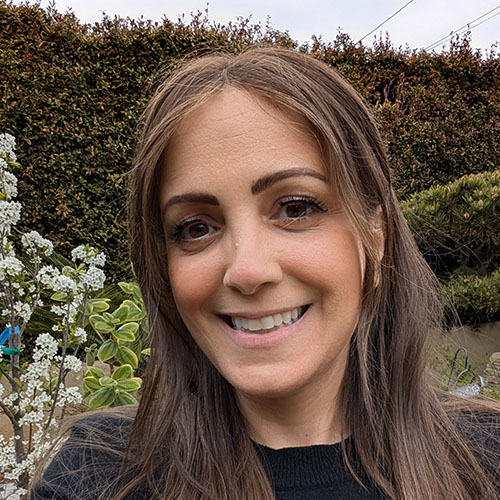






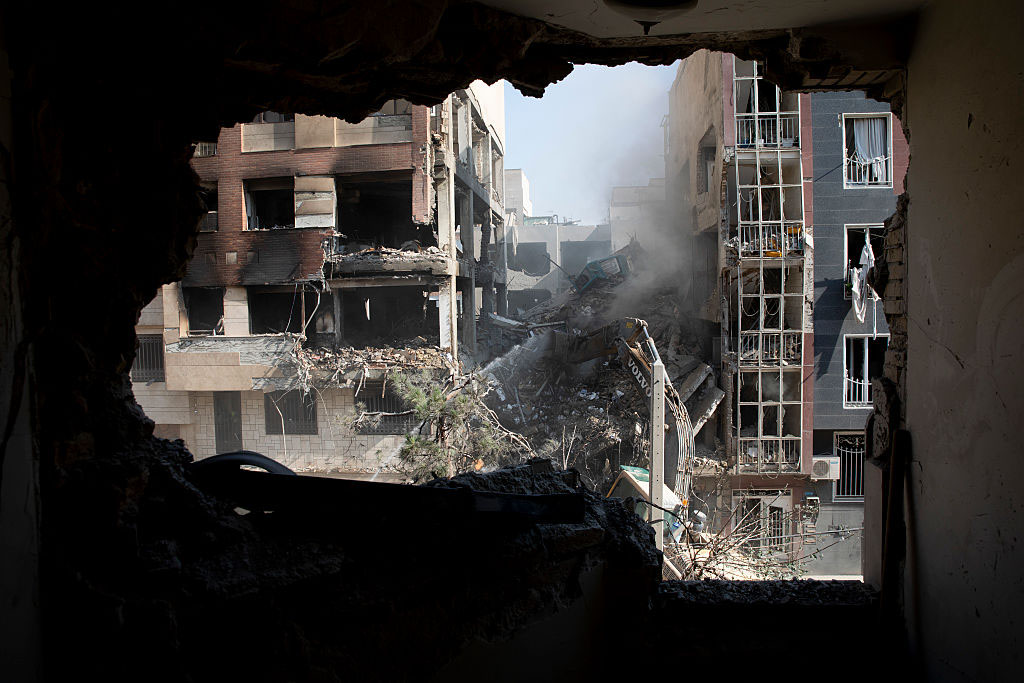

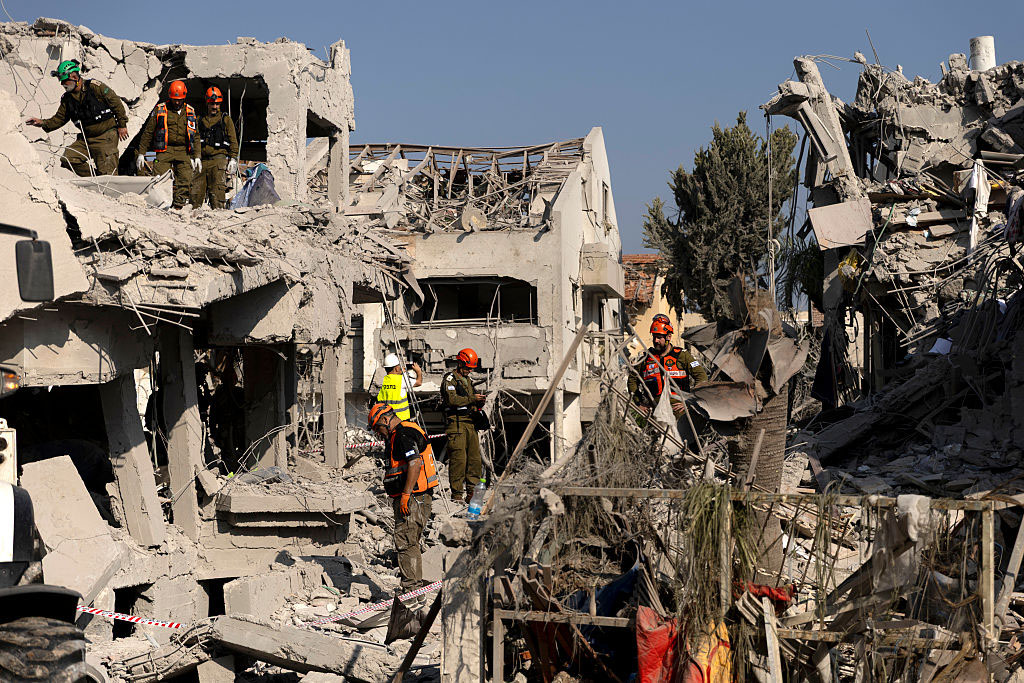
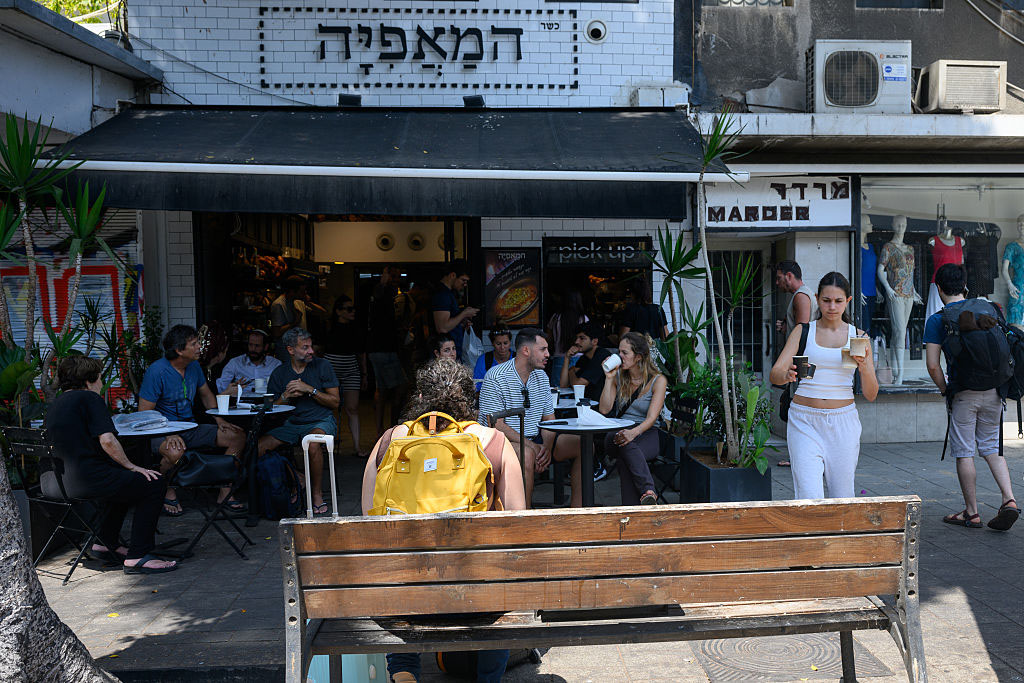
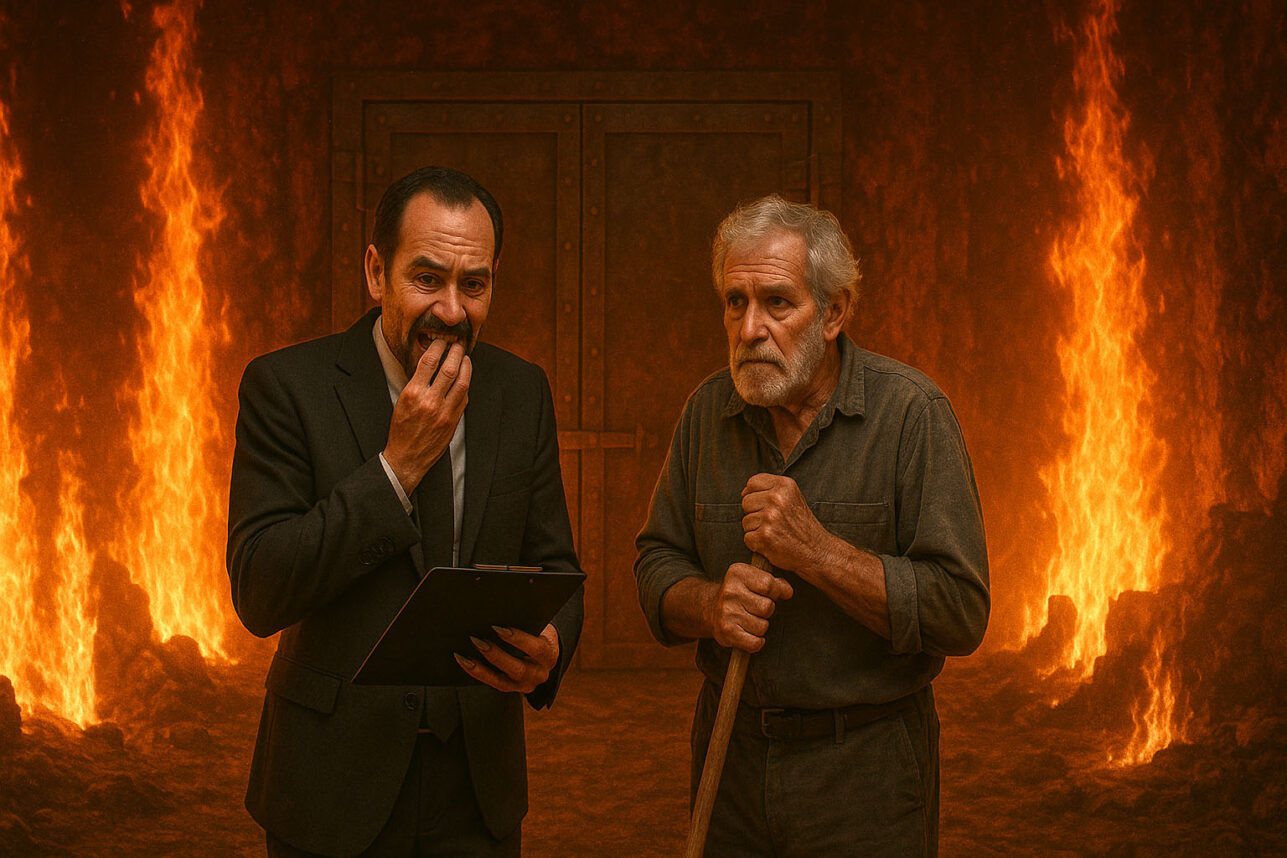
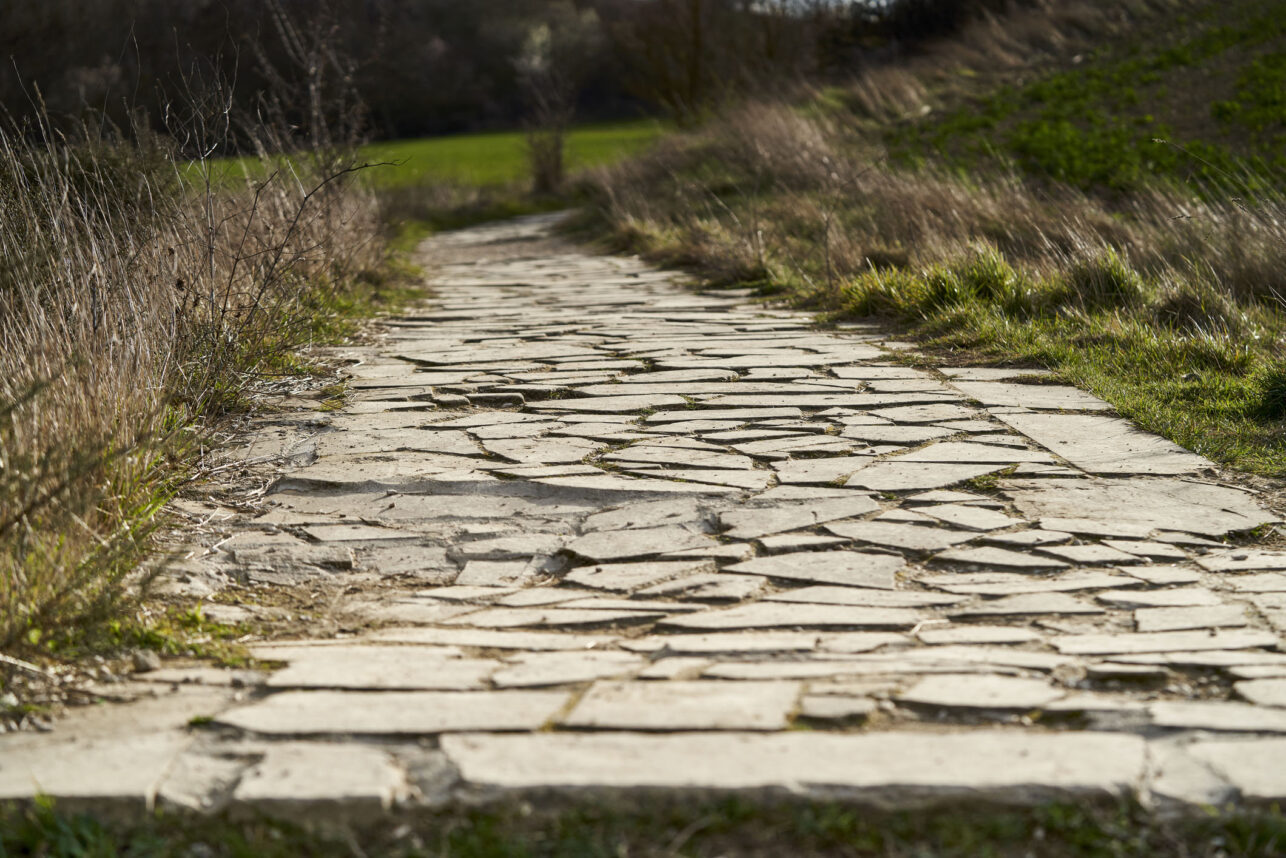
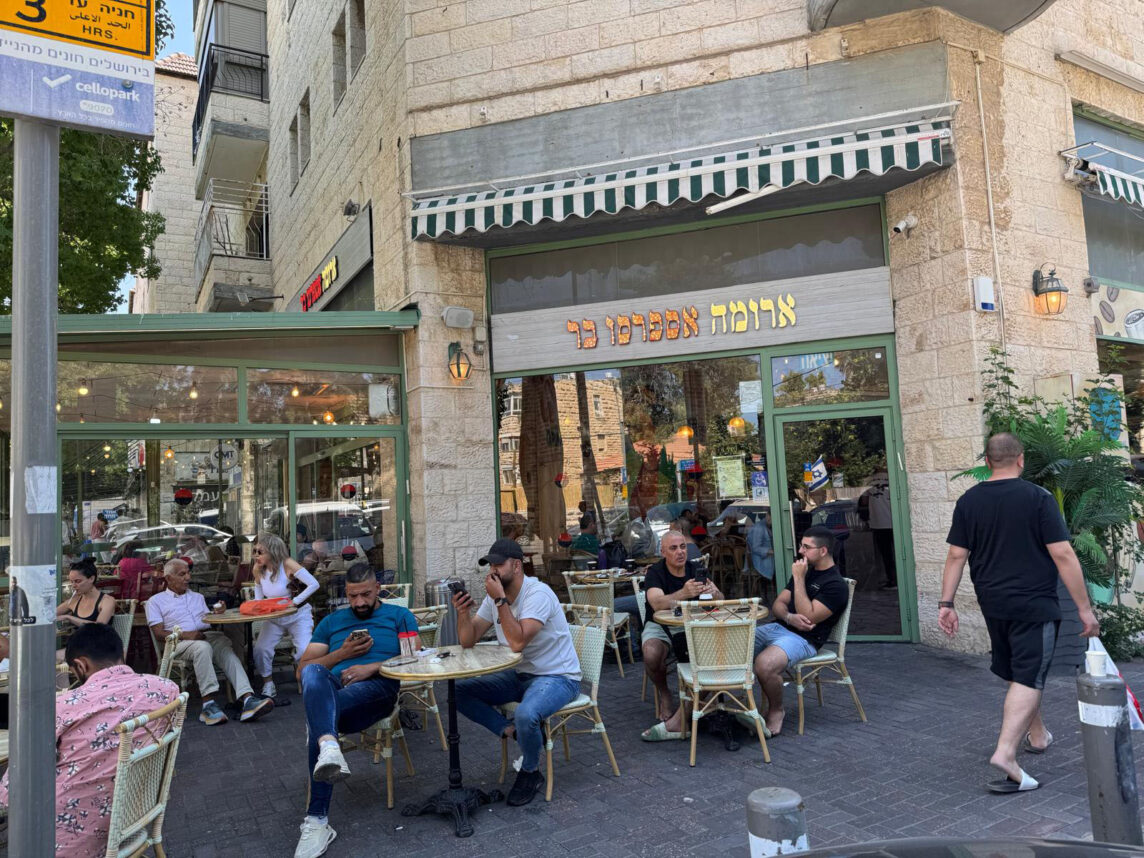
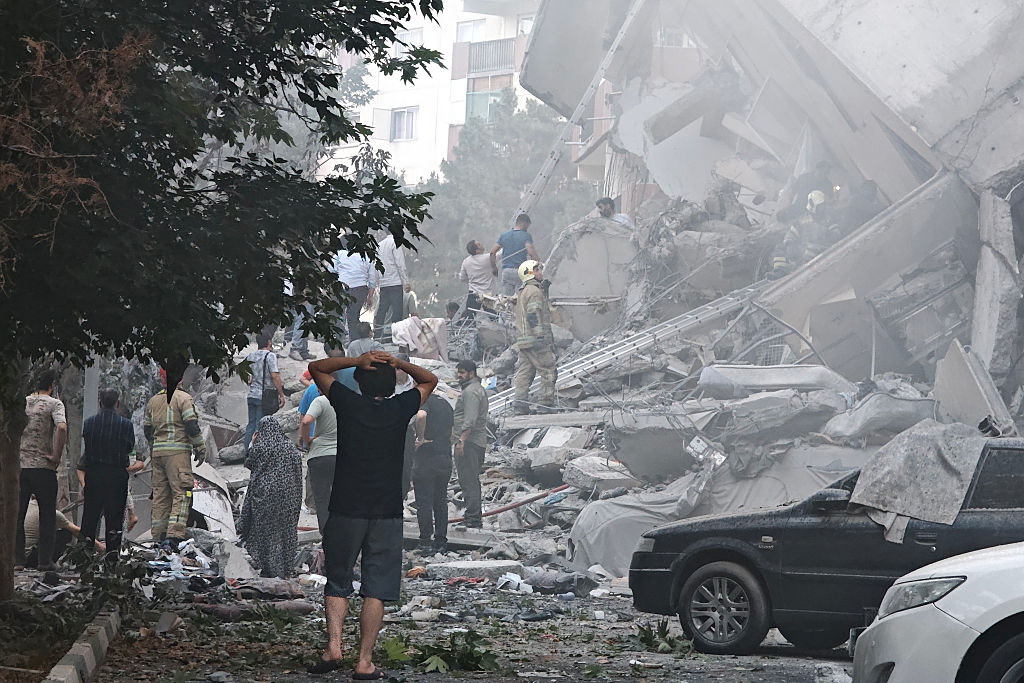
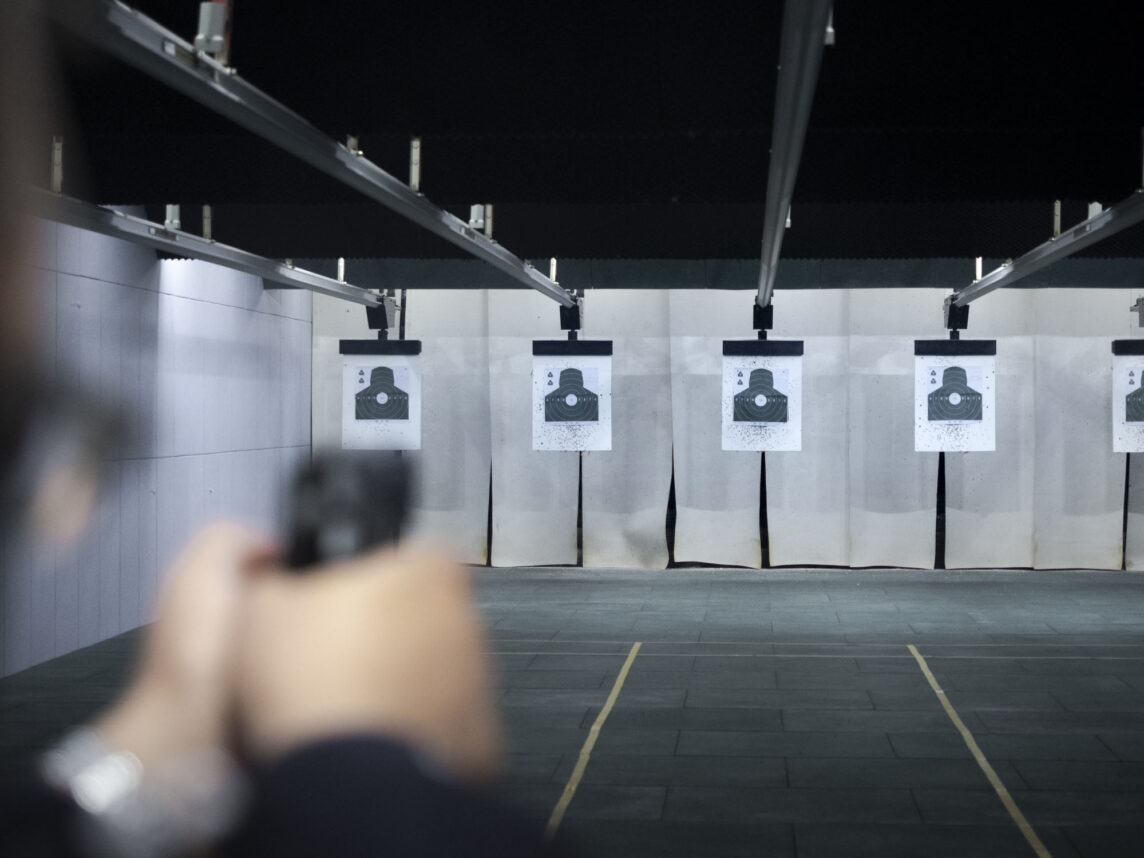
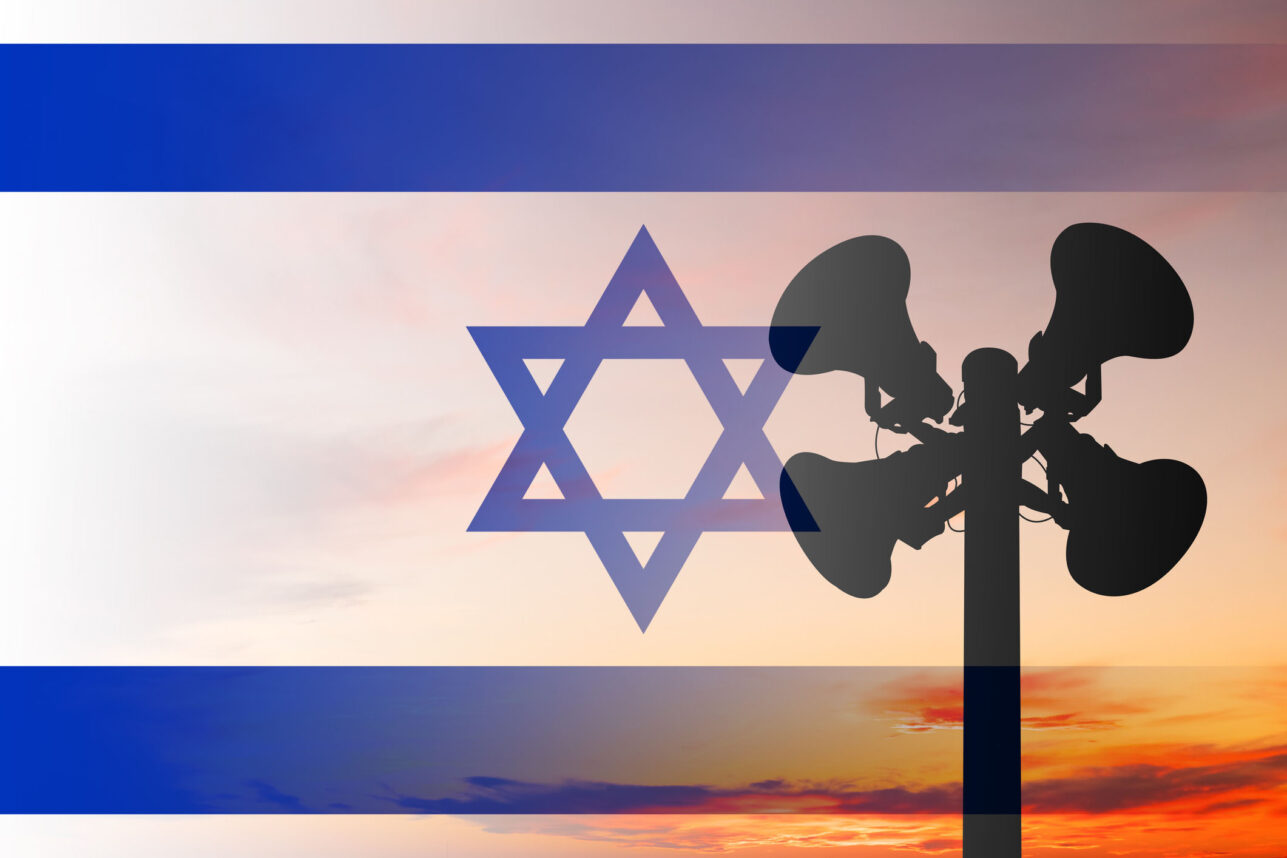
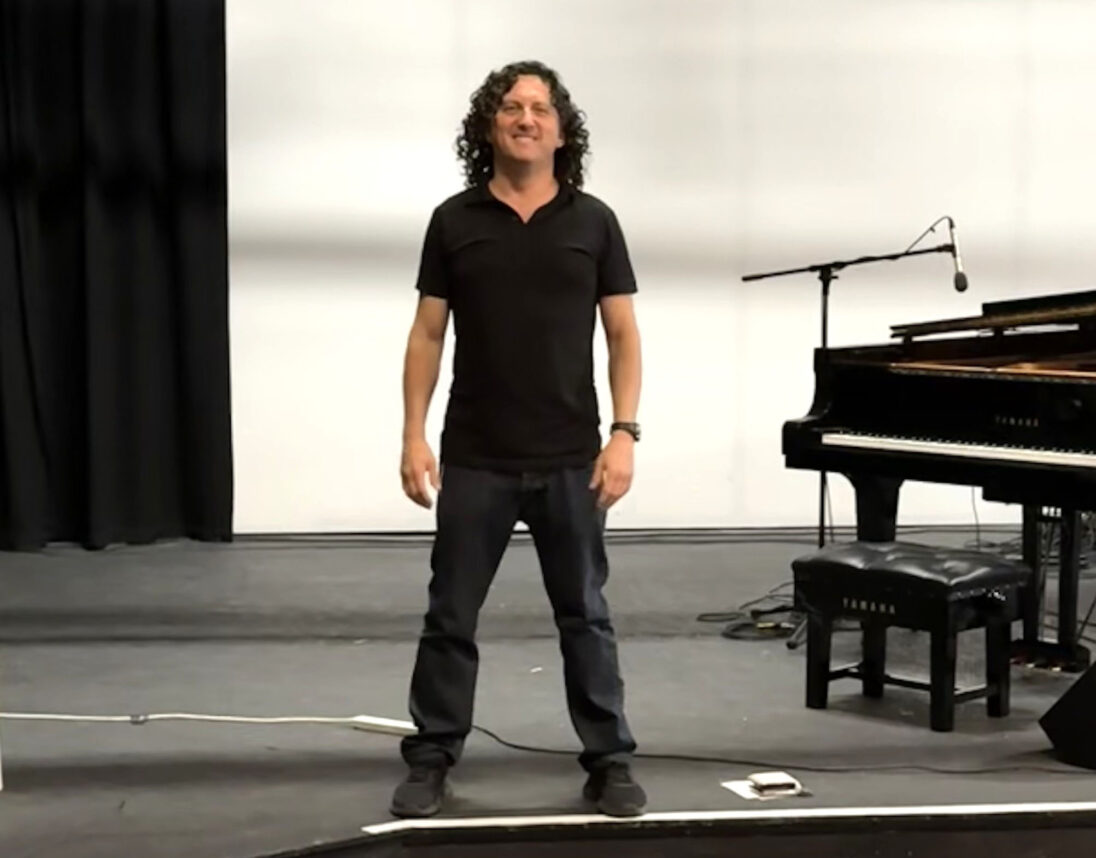



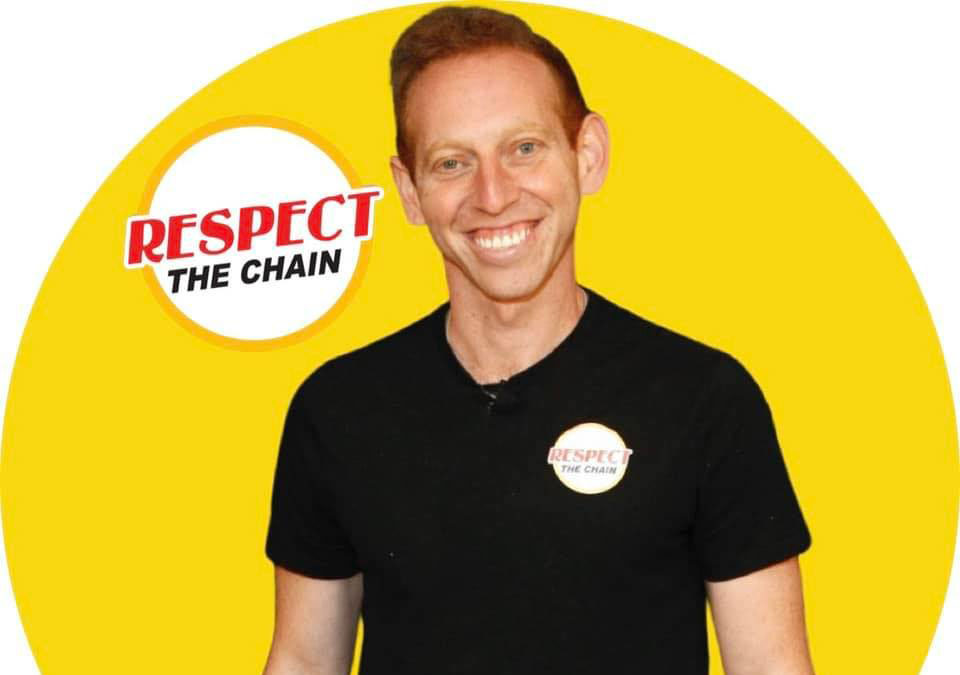


 More news and opinions than at a Shabbat dinner, right in your inbox.
More news and opinions than at a Shabbat dinner, right in your inbox.